Mesquite Tree Reproduction : How To Propagate A Mesquite Tree
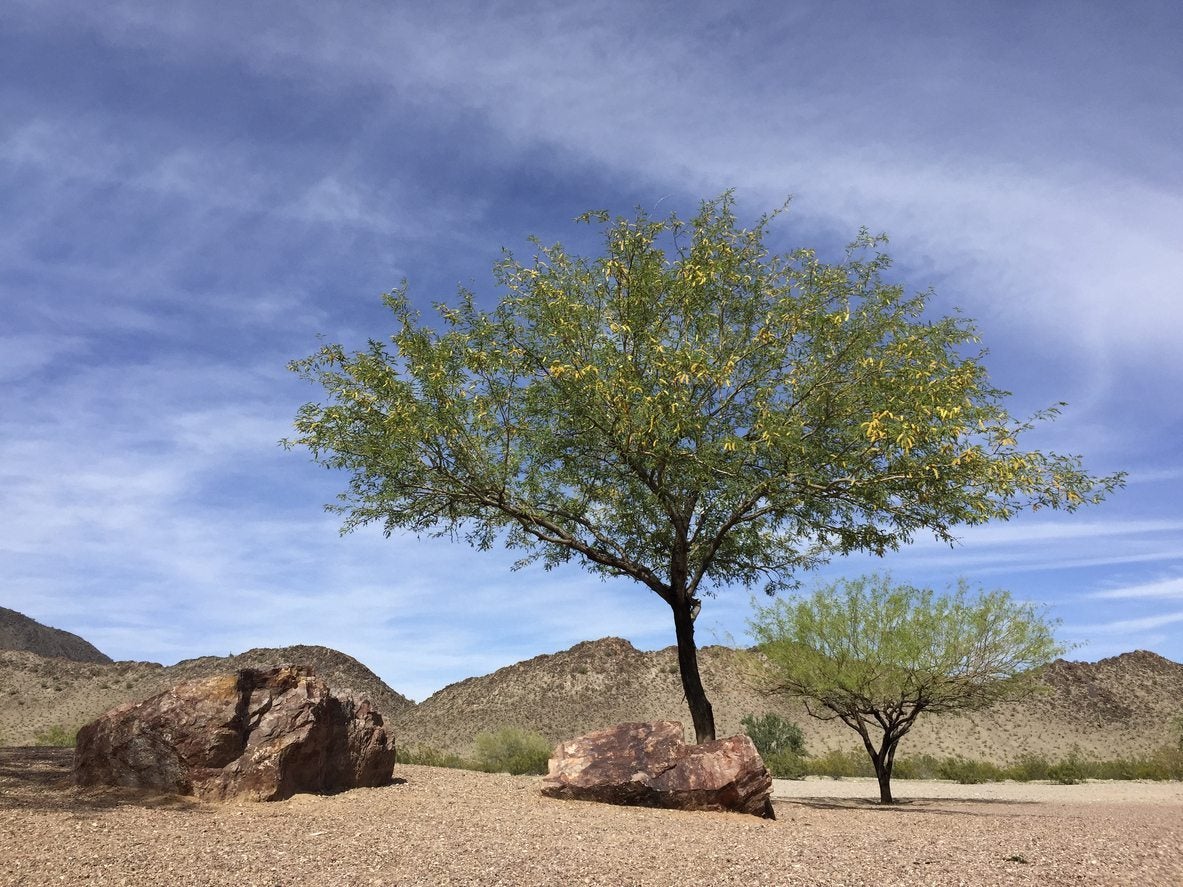

Mesquite trees are one of the hardy darlings of the American Southwest. It is a medium sized lacy, airy tree with interesting pods and creamy white fragrant pods. In its native range, wild plants readily reseed themselves, but human mesquite tree propagation requires a few tricks. These trees can grow from seed, cuttings or transplants. The quickest results are from cuttings, but they can be tricky to get to root. Planting mesquite seeds is budget friendly and may get a better result if you pre-treat the seed correctly prior to planting.
How to Propagate a Mesquite Tree
Mesquite trees are drought tolerant, stoic trees that thrive in hot, arid climates. They have become an interesting landscape specimen due to their adaptability and lovely cut pinnate leaves. The ornamental pods add even more seasonal appeal. Growing new mesquite trees may happen naturally by finding seedlings under a mature specimen. However, mesquite tree reproduction in this manner is uncommon due to the capriciousness of the seeds, and human intervention may be necessary if you want more trees.
Mesquite Tree Propagation by Cuttings
Cuttings may be used to propagate a mesquite, but by all accounts they can be difficult to get to root. For best results, take cuttings of both hard and softwood. Use a rooting hormone and a soilless, moistened medium in which to insert the cuttings. Cover the container with plastic and keep lightly moist in a warm area. The chances of cuttings taking root seems to be about 50/50.
Growing New Mesquite Trees from Seed
A possibly surer way of mesquite tree propagation is with seeds. Harvest these when the pods rattle during shaking. The rattling indicates the seeds are ripe. Late summer is when most pods are dry and brittle and seed is ready. Break open the pod to reveal numerous dark seeds. Discard the pod and preserve the seed. Seeds need several treatments prior to planting in soil. Scarification is one important process. It mimics the action in an animal gut after a pod has been ingested. Sandpaper, a file, or even a knife may be used. Next, soak the seed in sulfuric acid, vinegar or plain warm water for up to an hour. This further softens the exterior of the seed, enhancing germination. You may also want to refrigerate the seeds for 6 to 8 weeks, a process called stratification. Some growers think this helps aid germination. It may not be strictly necessary but cold exposure breaks dormancy in many temperate regions and the process will not hurt the seed. Once the seed coating has been damaged and soaked, it is time to plant the seeds. A good growing medium might be sphagnum moss or potting soil mixed with perlite. Considering the inhospitable environment in which mesquite trees grow, almost anything might work, including sand or fine bark mulch. Choose large containers with good drainage holes and plant one seed per pot. Bury seeds 1/4 inch (.64 cm.) beneath the soil surface. Keep the soil moderately wet and situate the container in an area where temperatures are at least 80 degrees Fahrenheit (27 C.). The exact time to germination is variable. Transplant seedlings when they have two sets of true leaves. This inexpensive method of mesquite tree reproduction may require some trial and error but it costs little and takes only a bit of time. The results will be worth it when you have new baby mesquite trees to populate your landscape.
Gardening tips, videos, info and more delivered right to your inbox!
Sign up for the Gardening Know How newsletter today and receive a free copy of our e-book "How to Grow Delicious Tomatoes".

Bonnie Grant is a professional landscaper with a Certification in Urban Gardening. She has been gardening and writing for 15 years. A former professional chef, she has a passion for edible landscaping.
-
 Looking For Plants To Give You The Soft And Fuzzies? Try These 5 Fuzzy Leaf Plant Options
Looking For Plants To Give You The Soft And Fuzzies? Try These 5 Fuzzy Leaf Plant OptionsLovers of texture, drama, silver foliage and tactile plants will adore these special sensory garden additions. These fuzzy leaf plant options will leave you all aglow
By Susan Albert
-
 Get Ready For A Summer Of Hummers! Grow These Full Sun Hummingbird Plants and Flowers
Get Ready For A Summer Of Hummers! Grow These Full Sun Hummingbird Plants and FlowersIf you’re lucky enough to enjoy a sunny backyard, make sure you are maxing out on your pollinator opportunities and grow these full sun hummingbird plants and flowers
By Tonya Barnett
-
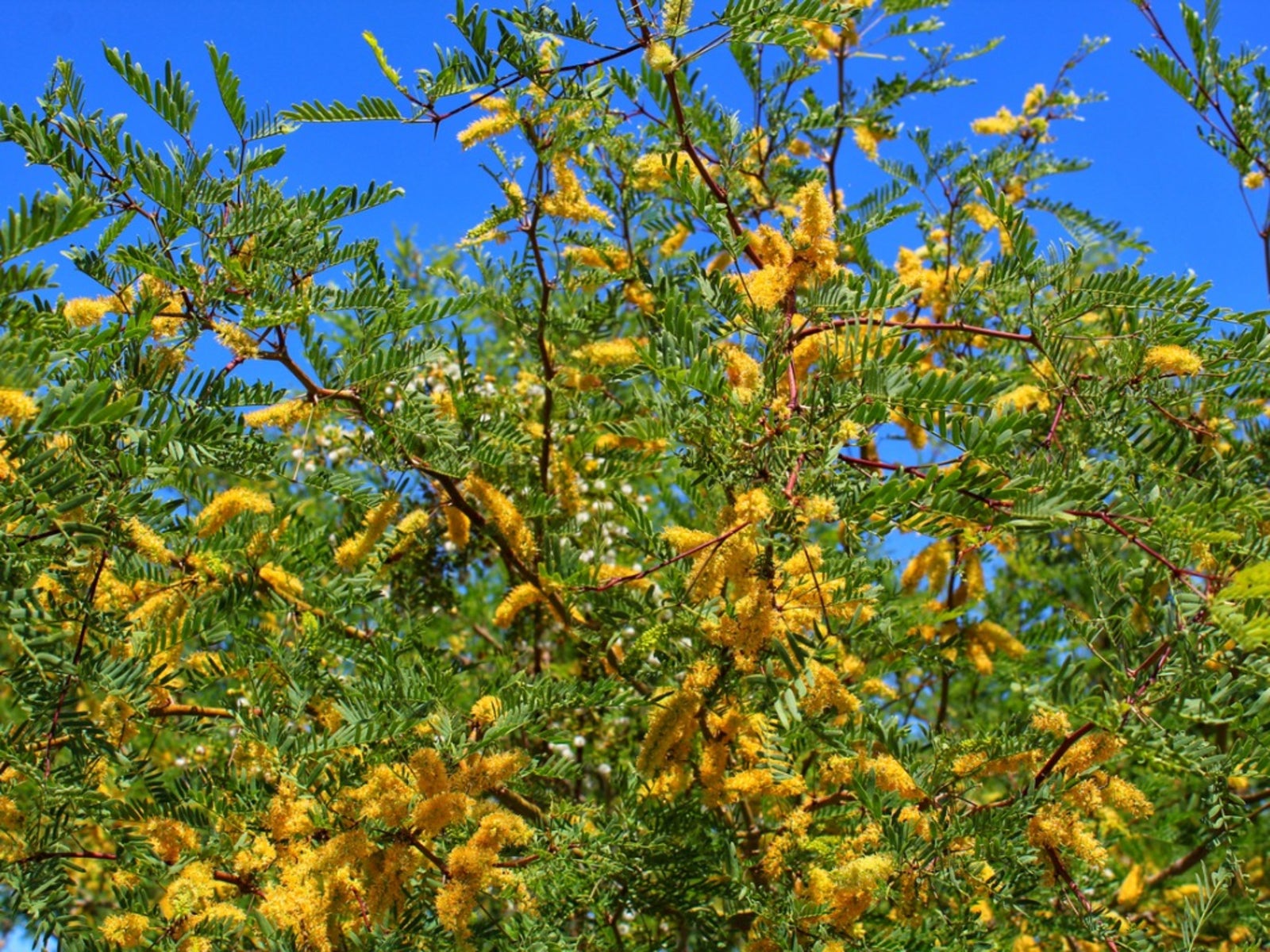 Signs Of Mesquite Sickness – Recognizing Mesquite Tree Diseases
Signs Of Mesquite Sickness – Recognizing Mesquite Tree DiseasesMesquite trees are attractive and drought tolerant, and a standard part of xeriscape plantings. Sometimes, though, these tolerant trees exhibit signs of mesquite sickness. Click here for information about diseases of mesquite trees and how to recognize them.
By Teo Spengler
-
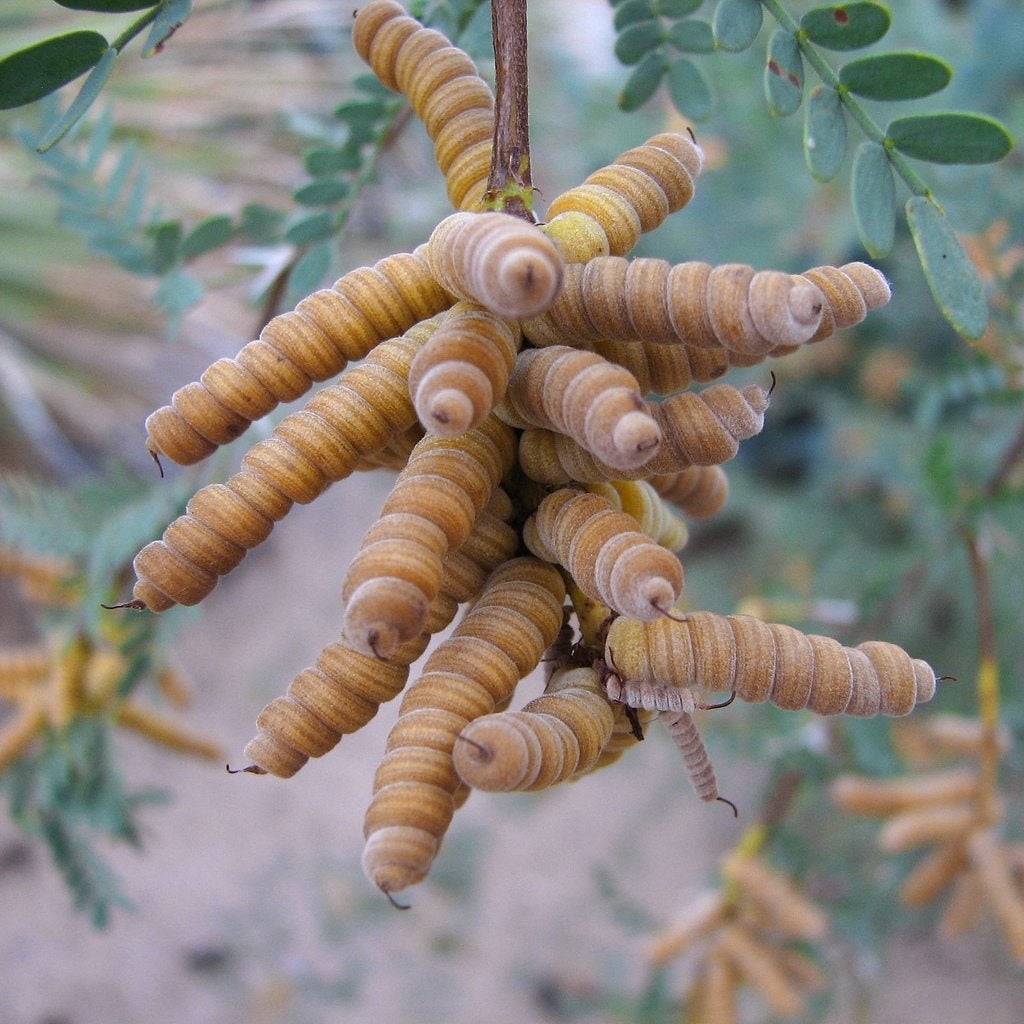 Screwbean Mesquite Info: Tips For Screwbean Mesquite Care
Screwbean Mesquite Info: Tips For Screwbean Mesquite CareThe screwbean mesquite is a small tree or shrub native to southern California. It sets itself apart from its traditional mesquite cousin with its attractive, corkscrew-shaped bean pods that appear in the summer. Learn more screwbean mesquite info in this article.
By Liz Baessler
-
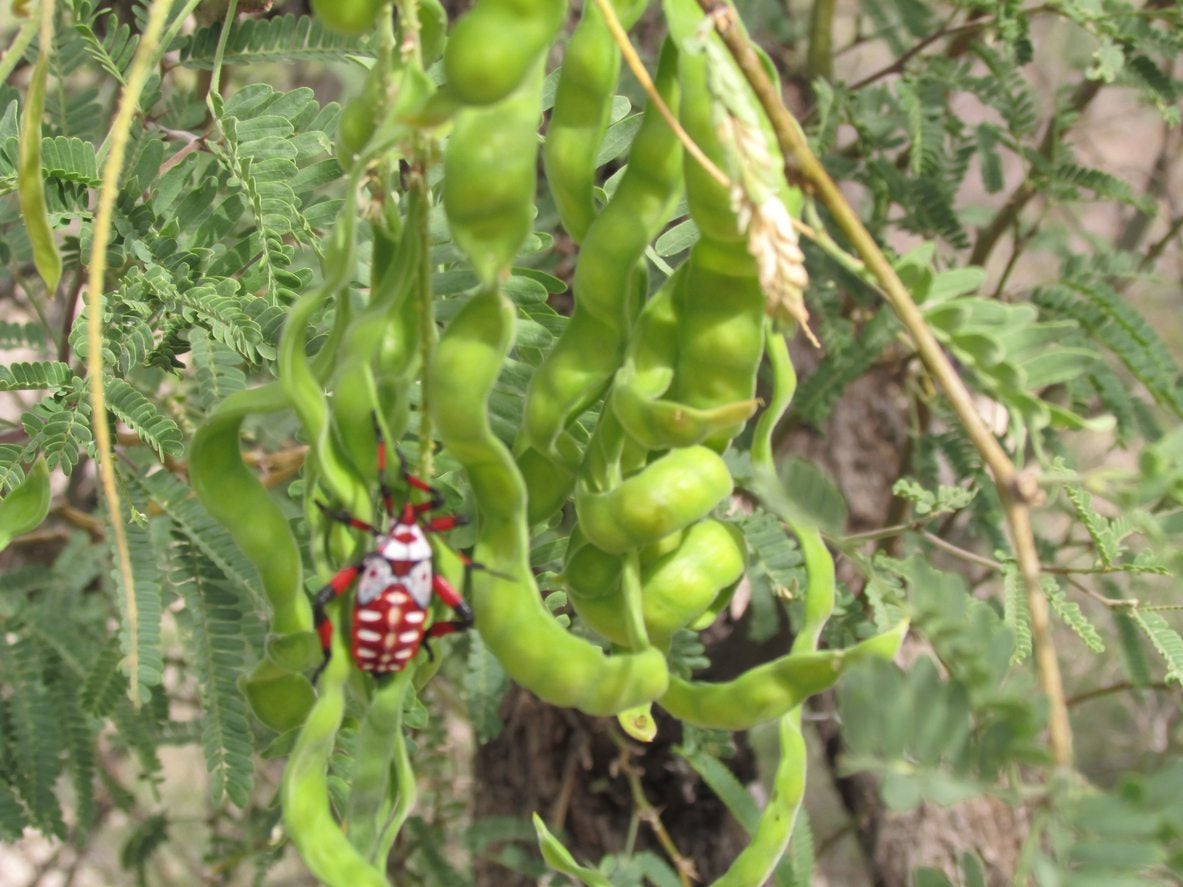 Mesquite Pest Solutions – How To Deal With Pests Of Mesquite Trees
Mesquite Pest Solutions – How To Deal With Pests Of Mesquite TreesMesquite trees are an excellent choice for a tough landscape tree that requires very little input once established. Even so, you'll want to monitor them for insect infestations from time to time. If you see any, you'll know what to do after reading this article.
By Kristi Waterworth
-
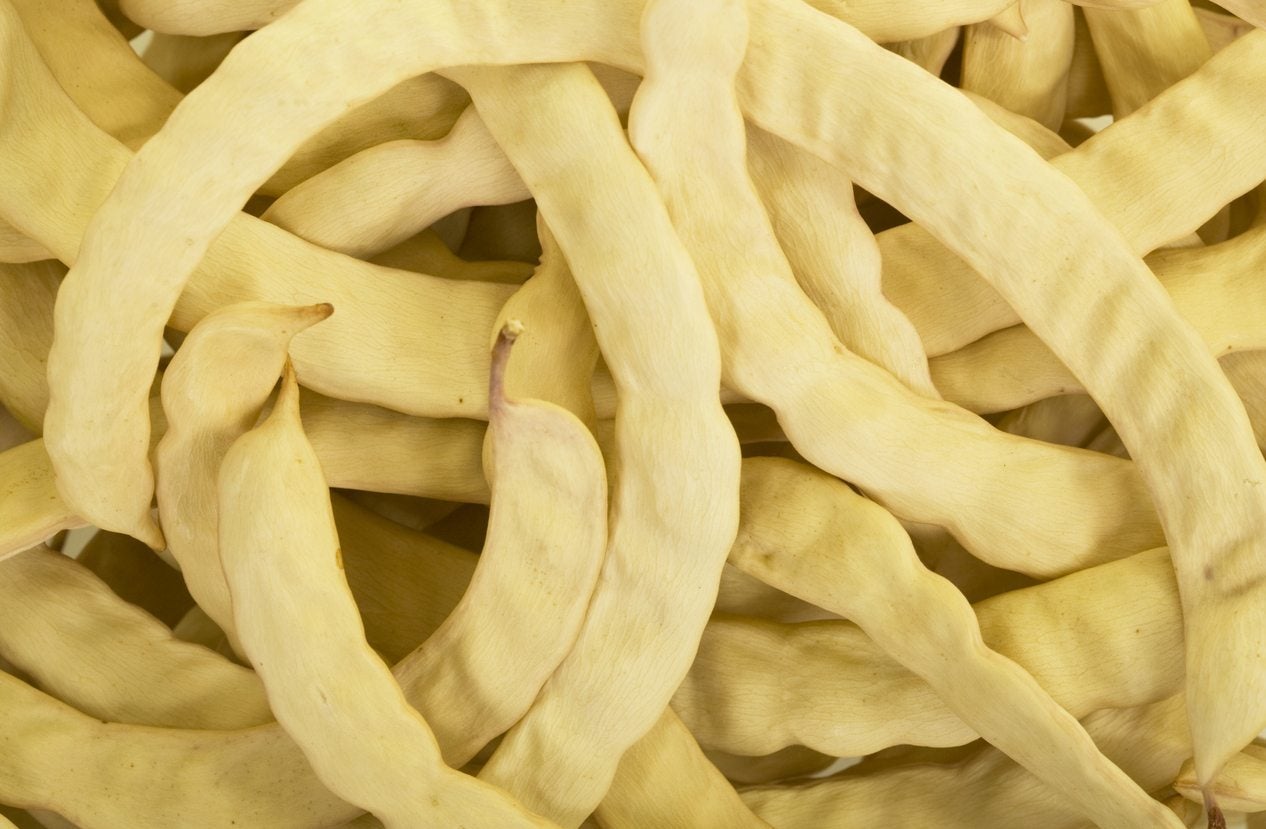 Are Mesquite Trees Edible: Learn About Mesquite Pod Uses
Are Mesquite Trees Edible: Learn About Mesquite Pod UsesIf someone were to mention "mesquite" to me, my thoughts immediately turn to the mesquite wood used for grilling and barbecuing. But is there more to mesquite beyond the grill? Can you eat mesquite? Are mesquite trees edible?" Click here to find out.
By Shelley Pierce
-
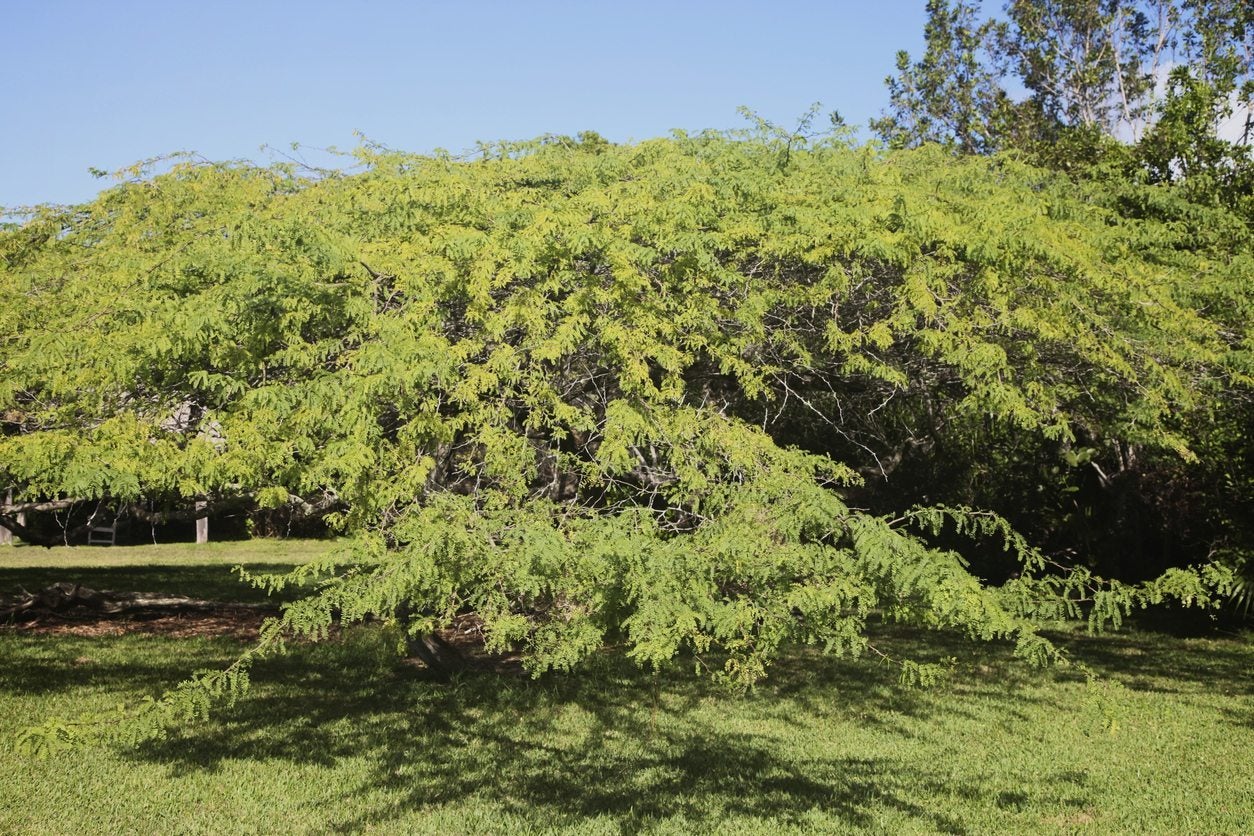 Moving Mesquite Trees – Is Transplanting A Mesquite Tree Possible
Moving Mesquite Trees – Is Transplanting A Mesquite Tree PossibleWhere other trees may wilt and dehydrate, mesquite trees draw moisture from the cool depths of the earth and gracefully ride out the dry spell. However, this deep taproot can make transplanting a mesquite tree quite difficult. Click here for tips on moving mesquite trees.
By Darcy Larum
-
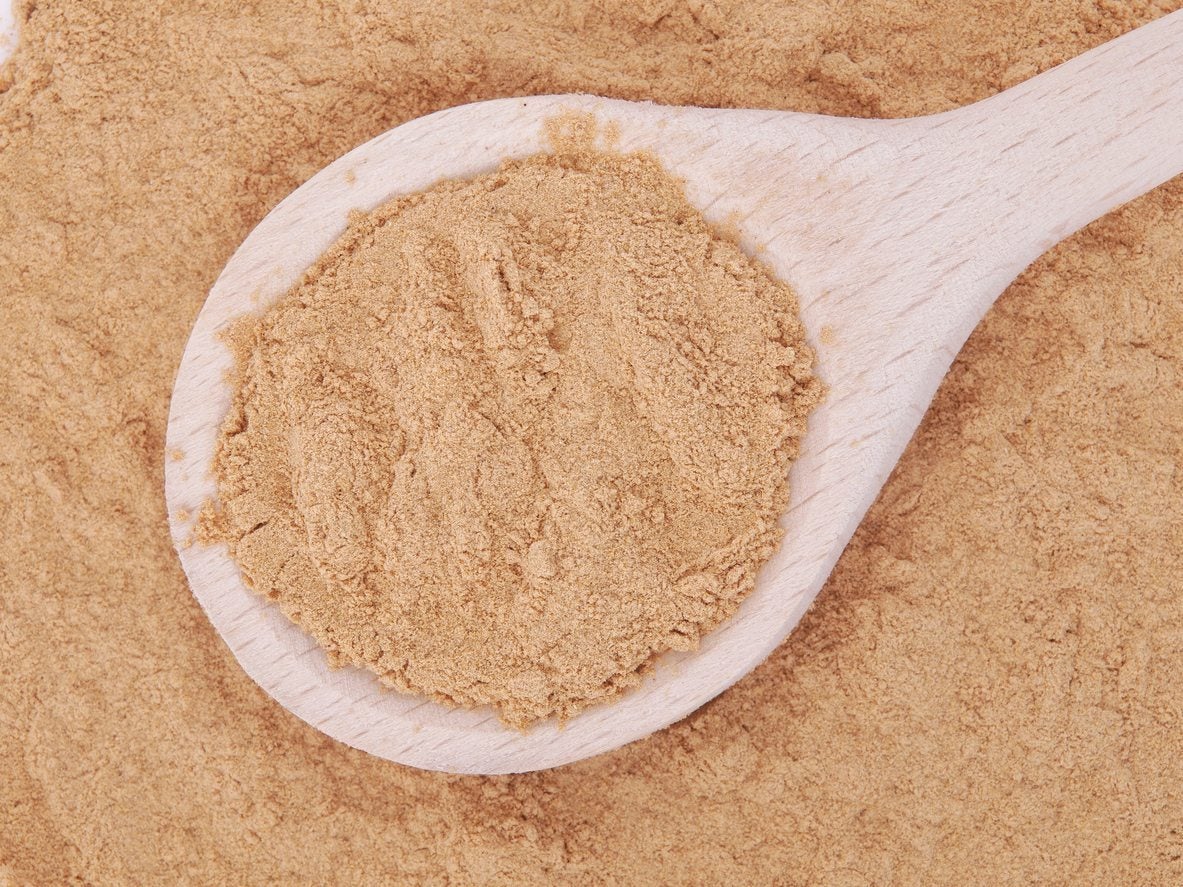 Mesquite Tree Uses – What Can Mesquite Be Used For
Mesquite Tree Uses – What Can Mesquite Be Used ForOf mesquite, many of us only know about the slow burning wood that makes for a great barbeque. That?s only the tip of the iceberg, though. What else can mesquite be used for? Mesquite tree uses are many and varied. Learn more about these uses here.
By Amy Grant
-
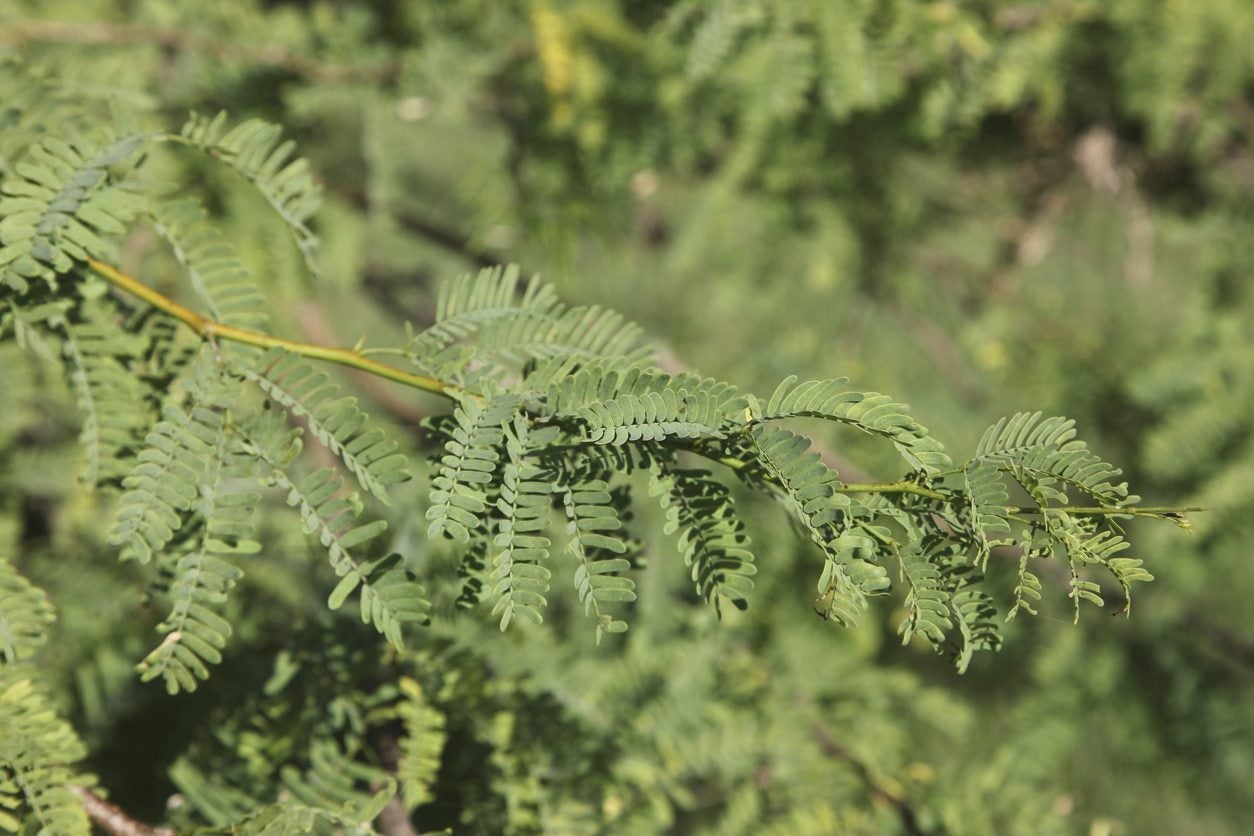 Mesquite Cutting Propagation : Can You Grow Mesquite From Cuttings
Mesquite Cutting Propagation : Can You Grow Mesquite From CuttingsMesquite plants make attractive specimens in the garden. Can you grow mesquite from cuttings? Absolutely. You will just need a little info on how to root mesquite cuttings and when and where to harvest your material. This article will help with that.
By Bonnie L. Grant
-
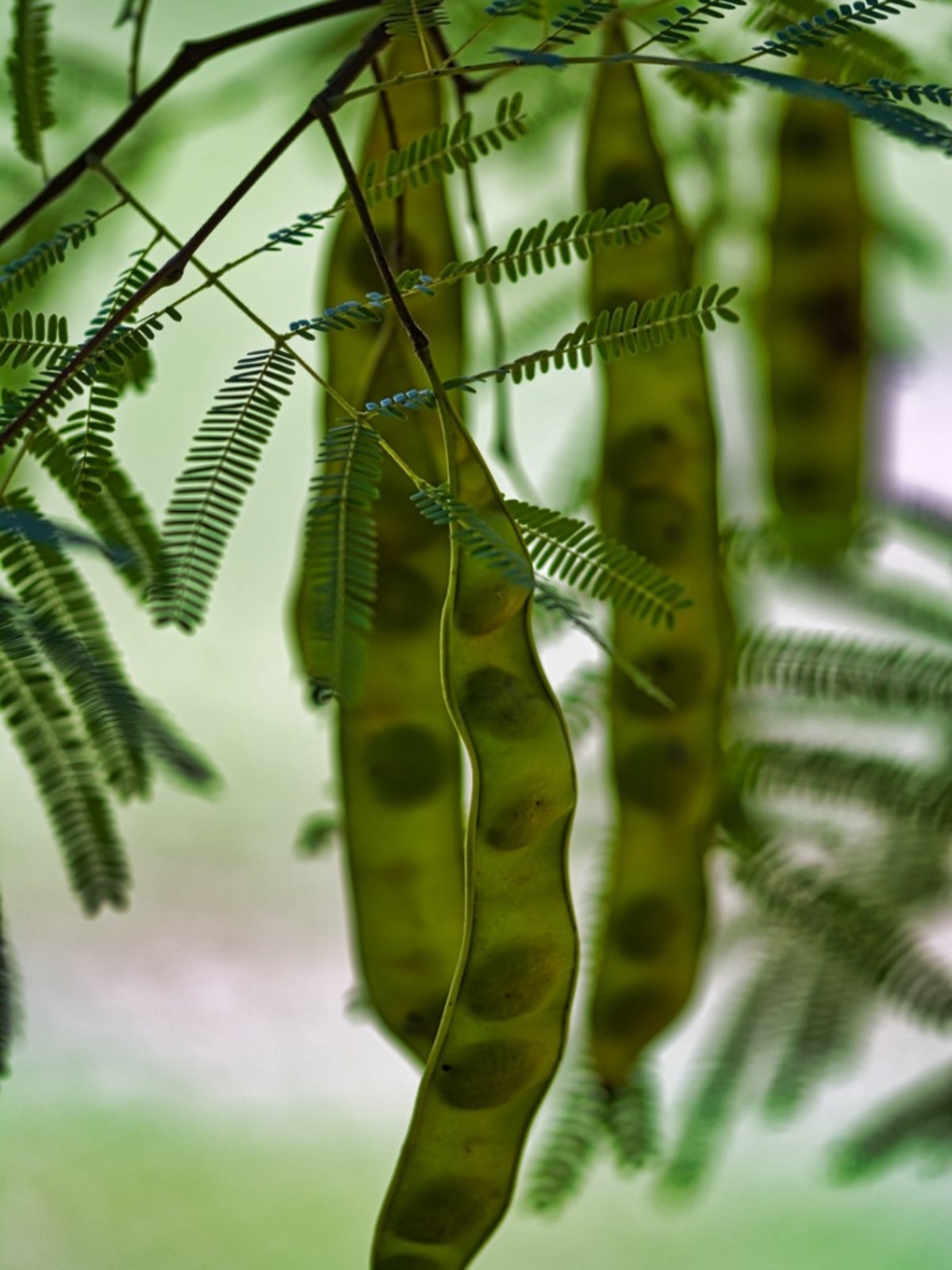 Sowing Mesquite Seeds: How And When To Plant Mesquite Seeds
Sowing Mesquite Seeds: How And When To Plant Mesquite SeedsGrowing mesquite from seeds found in the wild is a fun way to enjoy these plants for free. However, mesquite seed germination can be capricious and requires several steps for success. Click on this article for further info on how to grow mesquite trees from seed.
By Bonnie L. Grant